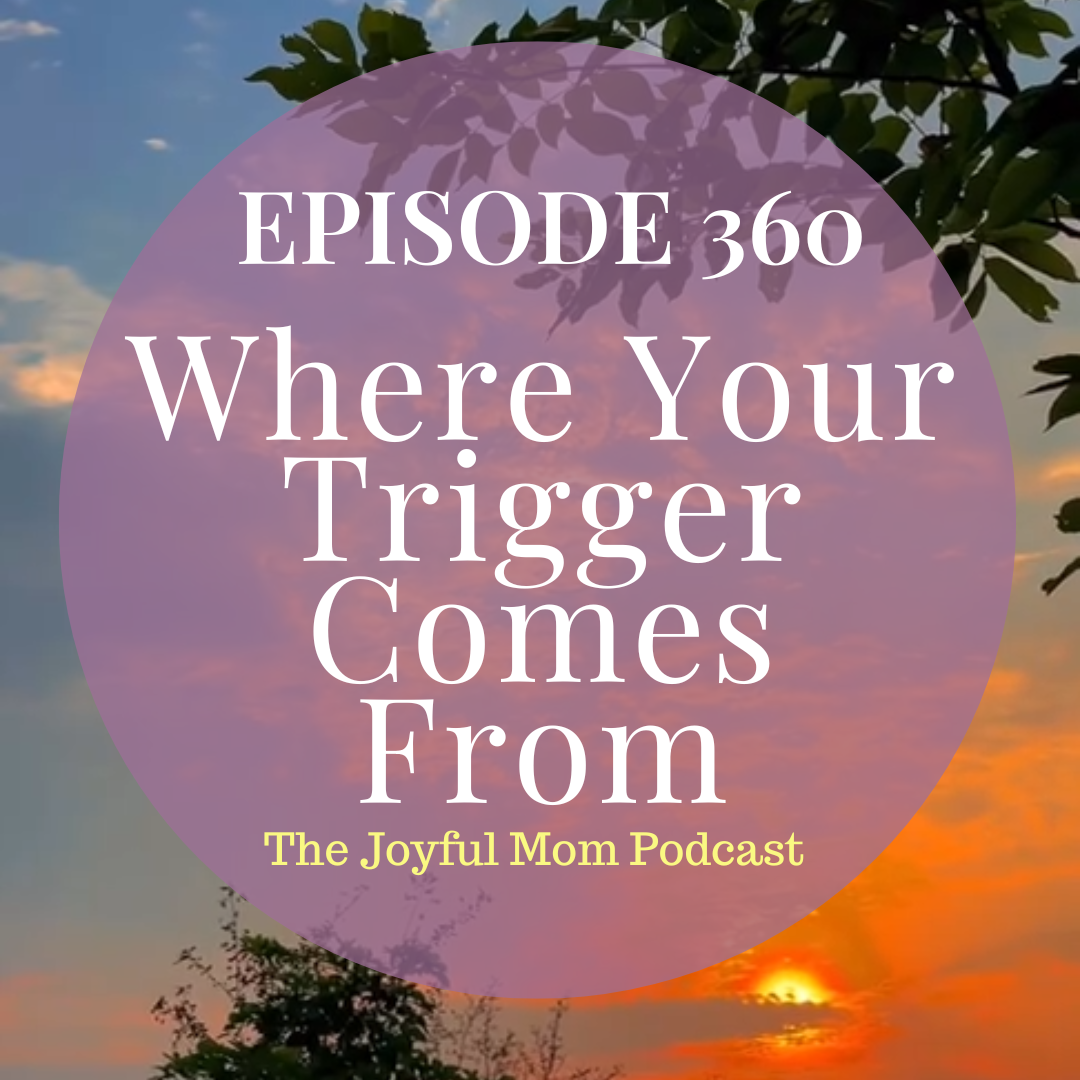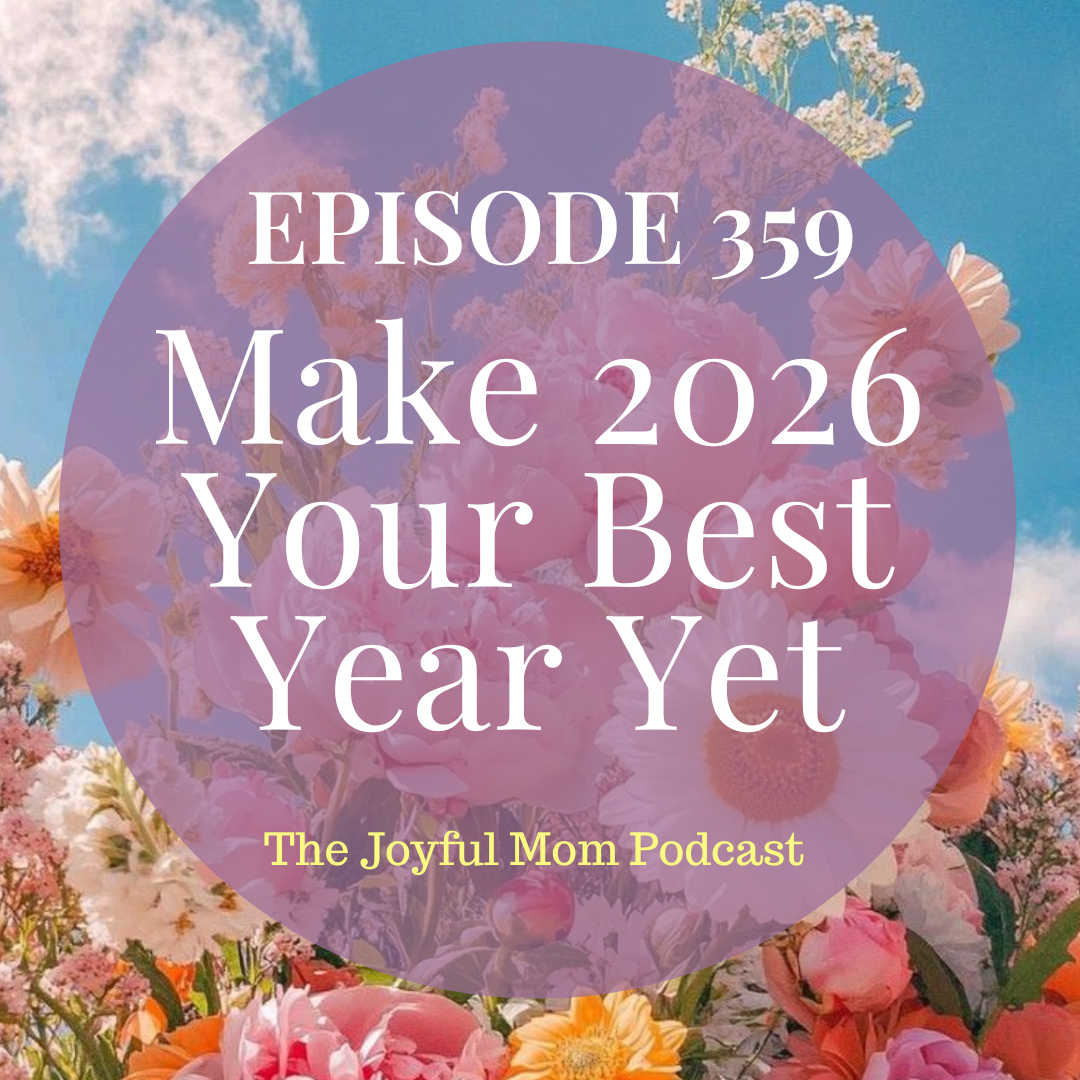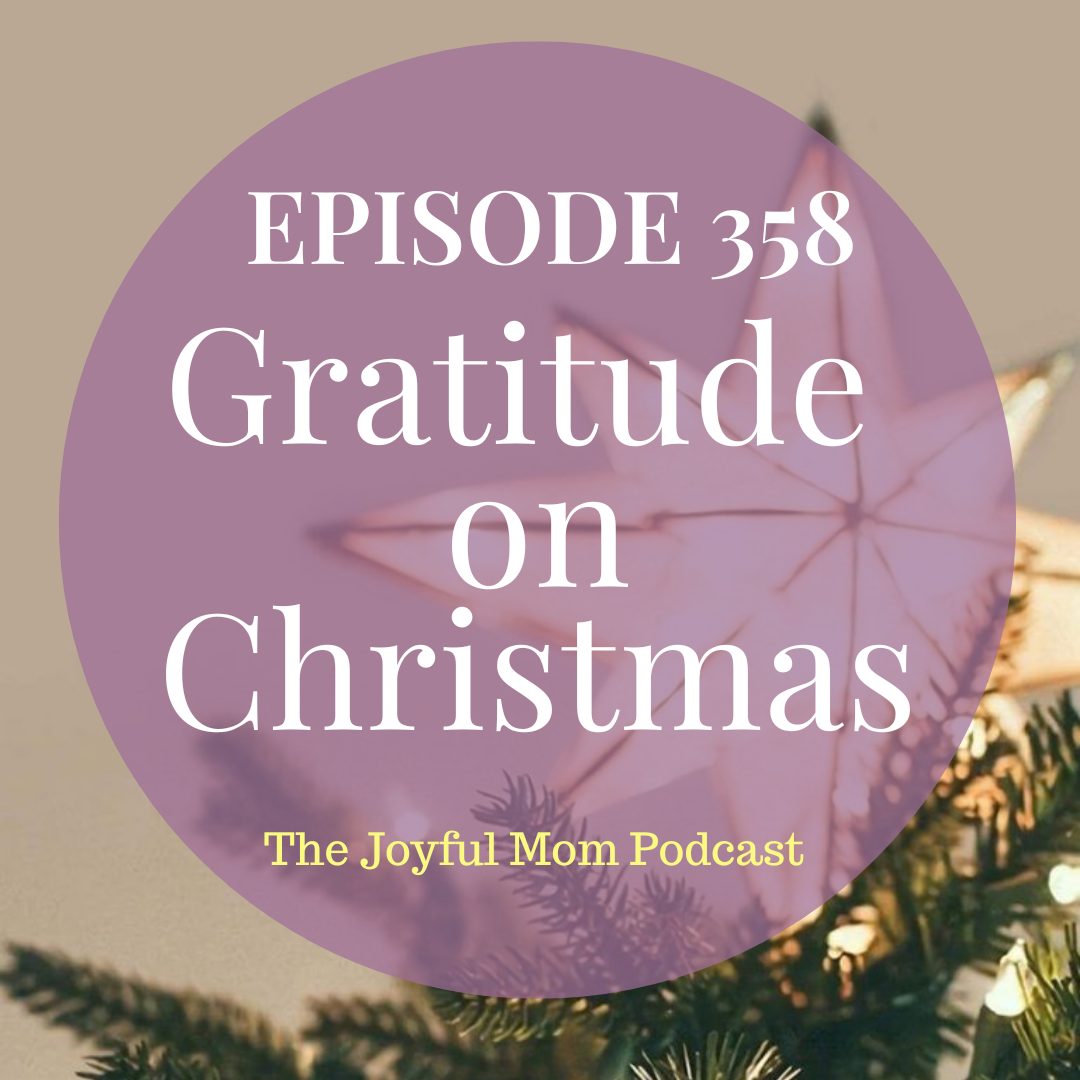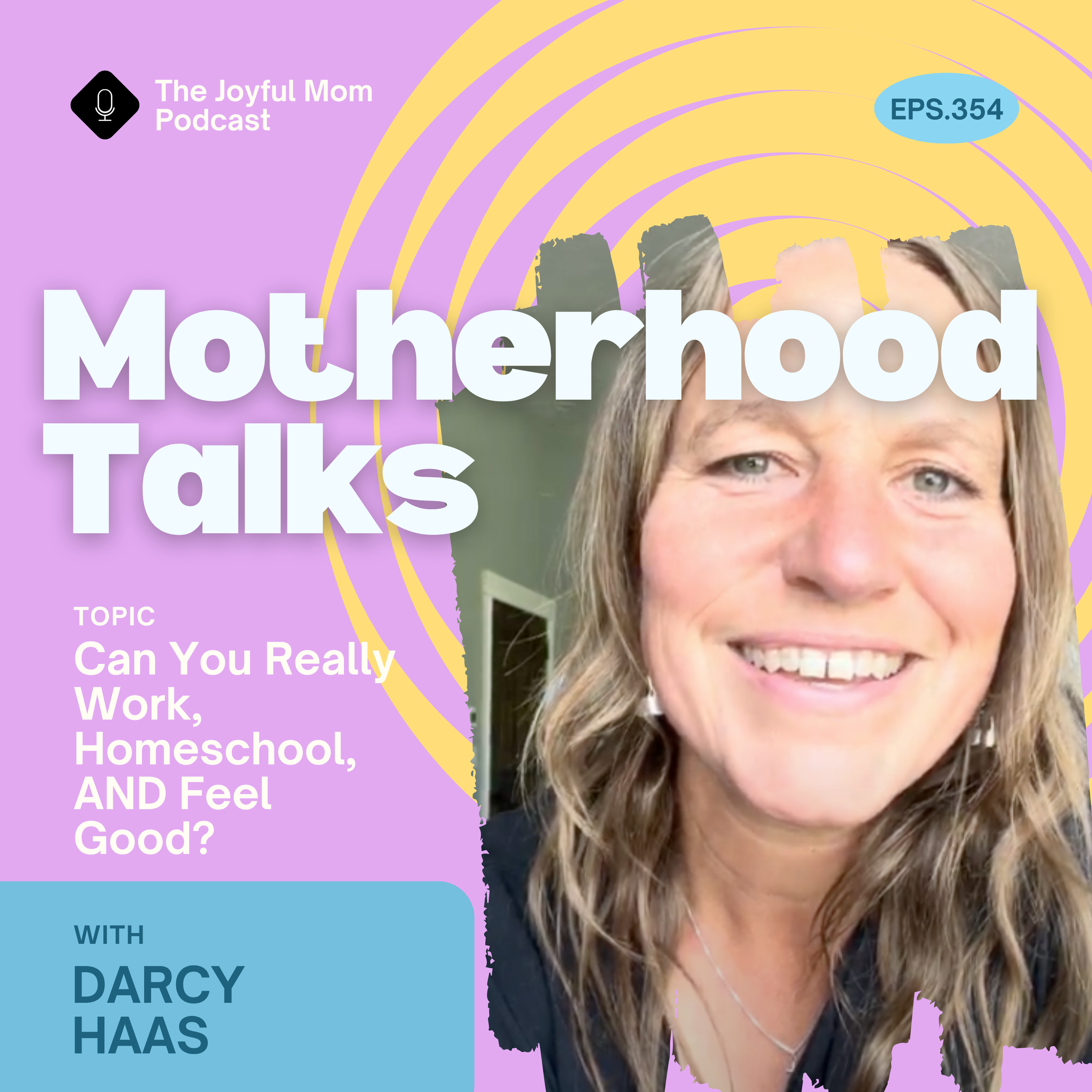354: Can You Really Work, Homeschool, AND Feel Good? With Darcy Haas
Welcome to the Joyful Mom Podcast!
In this inspiring episode of The Joyful Mom Podcast, host Megan welcomes Darcy Haas, a registered nurse, functional nutritionist, and homeschool mom of five. Darcy shares her incredible journey from struggling with her own health challenges to discovering functional medicine and eventually creating Body Literacy Lab for Kids — a science-based program designed to teach homeschool families how the body works from a root-cause perspective. Her mission? To empower the next generation to become confident, body-literate kids who truly understand how to care for themselves for life.
Darcy opens up about her personal health journey after the birth of her fourth child, when she went from running marathons to barely being able to walk. After years of unanswered questions, she found hope in functional medicine — realizing that understanding the why behind her health issues was key to her healing. This revelation led her to pursue certification in functional nutrition, where she began teaching women about their bodies, hormones, and the power of prevention. But over time, she felt called to shift her focus toward kids, helping them learn about their bodies early on so they could make empowered, lifelong choices for their health.
The conversation also dives deep into homeschooling and motherhood, as Darcy shares what 13 years of homeschooling has taught her — the beauty of creating space for curiosity, the joy of shared learning moments, and the challenge of letting go of comparison. She opens up about learning to define success on her own terms, resisting the urge to measure her children (or herself) by conventional standards, and embracing imperfection as part of a rich, fulfilling family life.
Finally, Megan and Darcy explore what it means to find joy and purpose beyond motherhood. Darcy reflects on how allowing herself to pursue her passions — and letting it be enough even when it’s messy — has brought a new kind of energy and presence to her home. Together, they remind moms that it’s okay to chase dreams, to homeschool differently, to rest, and to create a life that feels both joyful and enough. Whether you’re a homeschooling mom, a working mom, or somewhere in between, this episode offers heartfelt wisdom and encouragement to embrace your own version of balance and fulfillment.
If you loved Darcy’s heart and wisdom in this episode, you’ll definitely want to connect with her beyond the podcast! Follow her @bodyliteracylab4kids on Instagram, where she shares practical, science-based insights and fun ways to help kids understand their bodies from the inside out. Go check her out and be inspired by the beautiful blend of education, motherhood, and empowerment she brings to every post!
If you want to learn more about how you can clear anxiety more automatically by rewiring how the mind is working and processing things, go to my website www.meganhillukka.com where you can click on a link to register for my free training, where I will show you what you need in order to do this.













